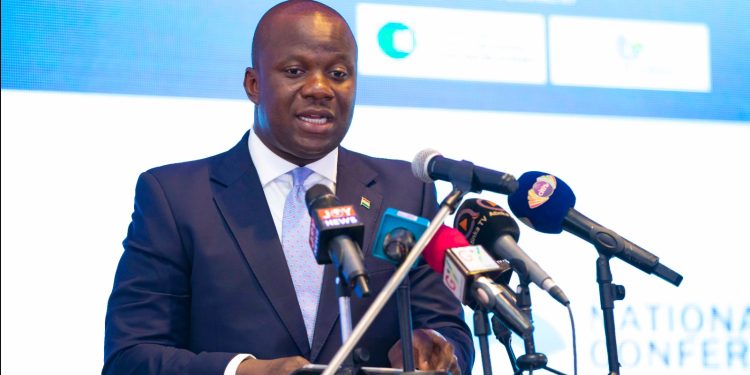The Minister for Lands and Natural Resources, Samuel Abu Jinapor, has revealed that the government will soon introduce major interventions in its ongoing efforts to combat illegal mining, also known as “galamsey.”
During an interview on Tuesday, October 8, Mr. Jinapor described the government’s recent meeting with Organised Labour regarding its planned strike on October 10 as “productive and fruitful.” He mentioned that one of the key measures to address the galamsey issue would be the repeal of Legislative Instrument (LI) 2462, which currently allows mining in forest reserves.
“A consensus was reached for the government to take steps to repeal LI 2462 when Parliament resumes, and to ensure a speedy trial of offenders. We also noted the recent announcement by Organised Labour, but there are additional interventions being worked on that will be revealed in the coming days,” he said. Among these measures, he noted that river guards and navy personnel would be deployed to patrol the nation’s rivers, along with other efforts to protect water bodies.
The minister also clarified that agriculture, not mining, is the leading cause of deforestation, though the government remains committed to tackling the galamsey problem. He stressed that it should not appear as though the government’s actions are only in response to recent pressure from Organised Labour.
“Agriculture is the number one driver of deforestation, although mining also plays a role. Mining in river bodies is strictly prohibited, and these areas are red zones. It is currently illegal to mine within 100 meters of water bodies, and we are considering extending this to 200 meters. Small-scale mining is also banned in forest areas,” Mr. Jinapor added.
He emphasized that the government’s efforts against illegal mining have been ongoing, particularly through Operation Halt, which he said has been carried out nearly every two weeks. “We are going to intensify our actions,” the minister concluded.














